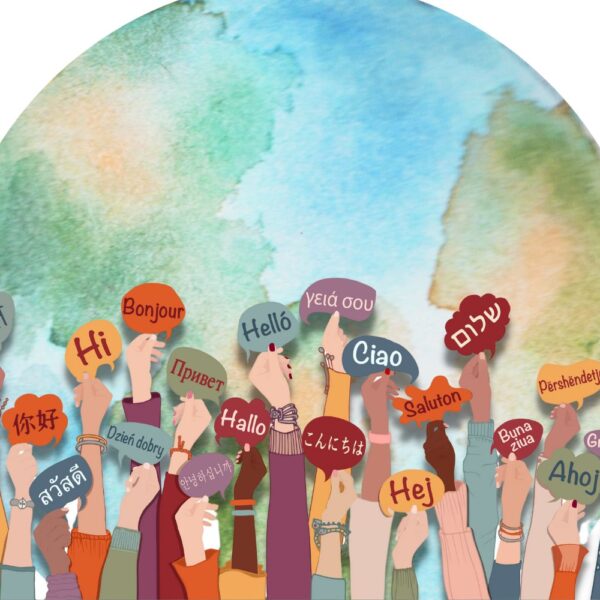Translators and Interpreters – 5 Typical Scenarios
Translators and interpreters are two different sides of one coin. They both facilitate communication between audiences using different languages. But this is where the commonality ends.
Translators work on translating written word only. The output is written word in the target language. Interpreters, on the other hand, work only with spoken language. The output is always spoken word.
Aside from perfect bilingualism, which is a given, each of these professions relies on a different set of additional skills. While translators have time to research and consult dictionaries to make their final product perfect, interpreters have to rely on their short term memory and be fast on their feet. They do not have the luxury of going back and redoing anything.
While translators typically translate only into their mother tongue, interpreters must be comfortable with going both ways. How else could they interpret a conversation between two people?
Translators must be comfortable working in isolation while interpreters typically are outgoing folks who enjoy being surrounded by new people and new experiences.
Consider what type of a message or communication you need to deliver to someone speaking a different language and choose your solution accordingly.
-
- For translation of manuals, instructions of use, marketing collateral or contracts, always look for a professional translator. Someone with background in translation and experience with your particular industry would be best. Look for proven record, background and skills. Consider using a professional agency/language services provider who has the ability to manage your projects, pair you up with specific translation resources and save you money using appropriate technologies. If you reputation and image matter to you, avoid using online free translation at all cost.
-
- For a business meeting with your foreign partners or training bilingual employees you will need an interpreter working in consecutive mode. Look for someone well trained and experienced in the techniques of interpreting, including writing notes. Interpreting is not something you should ask a bilingual employee to do.
-
- If you work in a setting like health care, community support, insurance, etc. consider over-the-phone interpretation services. Used only as needed and with virtually no notice, OPI is very popular these days. Again, this is not the place for bilingual employees or bilingual friends. Let the professionals get the work done for you.
-
- For a conference, you will need a pair of interpreters working in simultaneous mode. Further, you will need technical equipment – a soundproof booth, microphone and transmitter for the interpreters and receivers/headsets for the audience. The interpreters both work for the duration of your event, taking turns every 20 minutes or so. Simultaneous interpreting is a mentally and physically demanding activity that no one person should endure for extended periods of time.
- For translation of official documents you are looking for a translator or translation service who can provide certified translation. Read more about certified translation here.
The good news is that no matter what your task is, there is a professional translation or interpreting solution. The bad news is that so many still think that inadequate resources like online free translation and bilingual individuals can provide solutions that are adequate for the business environment.
Be smart about the translation choices you make – and you will see how translation can have a direct, unquestionable impact on your bottom line.



